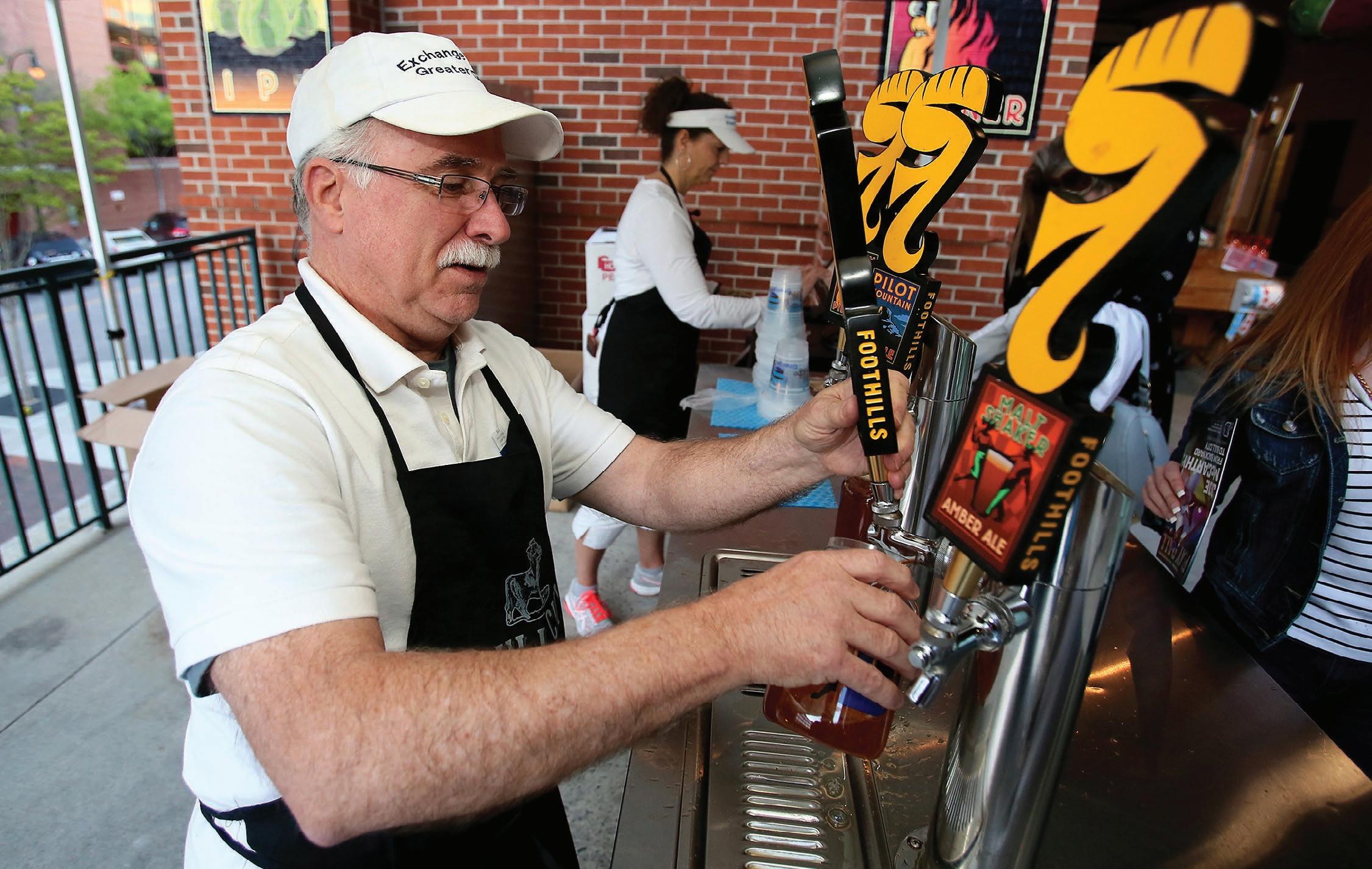Warrior Surf Foundation
A
ndy Manzi was one of 2.7 million American troops deployed to the Middle East during the years after 9/11. The simultaneous wars in Afghanistan and Iraq killed thousands of U.S. troops and wounded another million. Marine Sgt. Manzi made it back to the United States after two deployments. “I was an infantry guy, and we didn’t have the easiest job over there,” said Manzi, who returned suffering emotionally and mentally from his time overseas. Some studies show that about 20 percent of U.S. soldiers, Marines and airmen who served in combat after 9/11 suffer from PTSD and/or
Written by J. Eric Eckard Photos by Stephanie Dasher
traumatic brain injury. Other studies say that figure is higher, but because these men and women are by nature tough and resilient, many hide their symptoms and don’t seek help. Manzi said he tried the Veterans Affairs medical route, but it wasn’t helping. He needed something else. “I picked up a surfboard and paddled out into the water,” he said. “That was March 2009, and I became glued to surfing. “It’s been a part of my life ever since.” After Manzi discovered the mental health benefits for him through surfing, he decided that he could help other veterans battle their emotional demons out on the water. The Warrior Surf Foundation was born.
22 | Carolina Brew Scene | Summer 2018
“Surfing opens up doors, both physically and emotionally,” Manzi said. “We just give veterans an opportunity to come back to a community again – to come alive again.” Manzi and Tyler Crowder, a U.S. Army medic who served in both Afghanistan and Iraq, founded the Warrior Surf Foundation in 2015 in Folly Beach, S.C. Crowder, who also struggled with post-war injuries, grew up surfing in Wrightsville Beach. Six-week surf camps serve as the foundation’s main focus, offering veterans and sometimes immediate family members surf lessons. But the foundation also employs a psychotherapist for anyone who wants to seek counseling as well as surfing. “Most people build pretty big walls


















